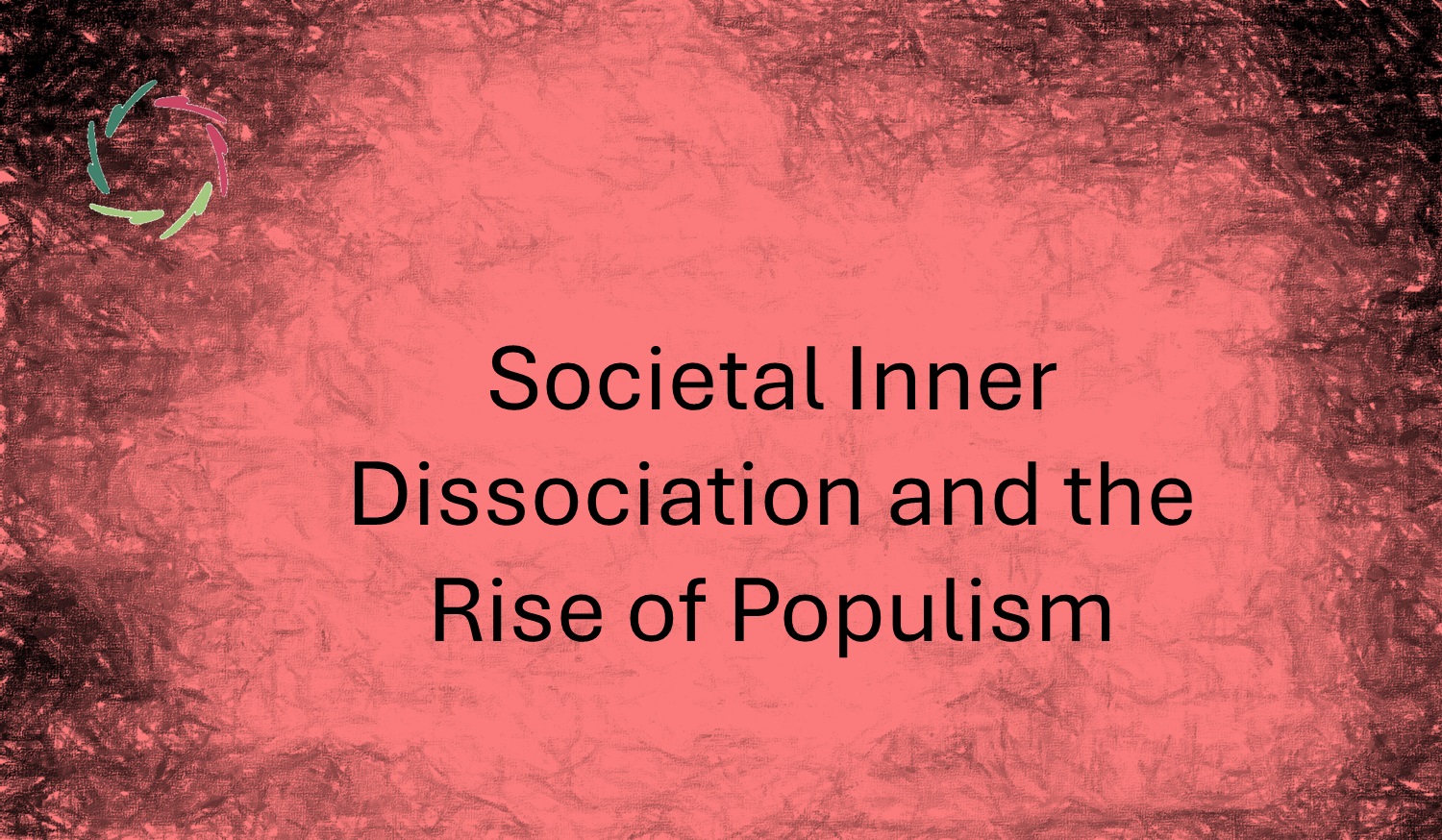Why Do They Vote Differently?

The other side is always the other side, viewed from what is to them the other side. So, are they voting differently, or are you?
►►► WHY read this? To preserve democracy, we need to answer this question.◄◄◄
Seeing ‘the other side’ is primarily internal.
As a human being, one doesn’t see one’s mind, but from and through one’s mind. [see: “The Basic Cognitive Illusion”] This way, what populates one’s mind may be seen in the external world, ‘projected’ – rather like a blueprint – by preference on another entity that looks like oneself. Say, other human beings.
Especially if one doesn’t want to see something within the own mind, one is at risk of getting the impression that it’s present outside. I see in this, for instance, the basis of racial discrimination. [see: “The Source of Discrimination”]
Inner dissociation divides people. At voting time, they see differences rather than similarities and don’t understand why others vote differently. What motivates them? [see: “Motivating ‘Us’“]
While others may of course just have different opinions, it increasingly strikes me that democracy suffers from inner dissociation. One can see this in the hardness of opinions and how they are outed.
The only way out of this is the way in.
In the first place, the way towards within oneself. This is a process of human growth, diminishing inner dissociation, getting insight into the basic cognitive illusion, and seeing that a projected stain (on a window or within one’s mind) is a projection, not a monster outside.
What is needed is also the way towards within others ― n̶ot only somewhere at the strictly conceptual outside, but deep within, where broad and broader and then even broader mental patterns reign.
How can you delve deeper in what the other side wants?
[see: “Deep Listening”]
In conscious awareness, people tend to listen to each other in a rather conceptual way – Not subconceptually. [see: “About ‘Subconceptual’”] The difference is like pebbles in water versus the water itself. They behave differently. They are, of course, very different. Yet, if one looks at them from afar, one may point at them as if at only one kind of thing.
This leads to misunderstandings. Human history and politics and probably the future are full of them. Interpreting water as pebbles and pebbles as water, how can you understand anything humanly important?
Divide and conquer
The more dissociated they are – the more entrapped in their basic cognitive illusion – the more vulnerable they are to ‘divide and conquer.’ This can lead to a stark misuse of democracy, in which people are set up against each other precisely to control them for negative-populist gains.
A sure road to power.
It is being done at present in several countries. The more sociopathic the populist, the more means he gets to accomplish this. Is it anyone’s fault? It is undoubtedly a vulnerability of democracy-by-vote. Through this vulnerability, autocracy may enter.
Thus, “Why Do They Vote Differently?” may be the crucial question in any democracy.
Know thyself
Not only to unite (again), but also to get to know oneself better. This may be an inconvenient challenge to anyone: You have to see the other from inside, and from there, look at yourself.
Why do you vote differently, looked upon from the standpoint of the other?
Knowing thyself, you can understand the other.
You can also express your standpoint in a way that the other understands. You go forward together. You have the same goals deep inside. It just needs a bit of translation.
Everybody cares.
Everybody is pro-life.
Everybody wants to defend one’s kin.
Everybody has empathy.
Nobody wants to kill babies. [see: “Killing Babies?”]
Everybody has a religious yearning, deep inside.
Everybody can enjoy beauty.
Everybody needs to love and be loved.
The differences are cosmetic.
‘They’ vote differently, but eventually for the same underlying reasons.


